Pahalgam massacre and Pakistan’s terror legacy
- Update Time : Thursday, April 24, 2025
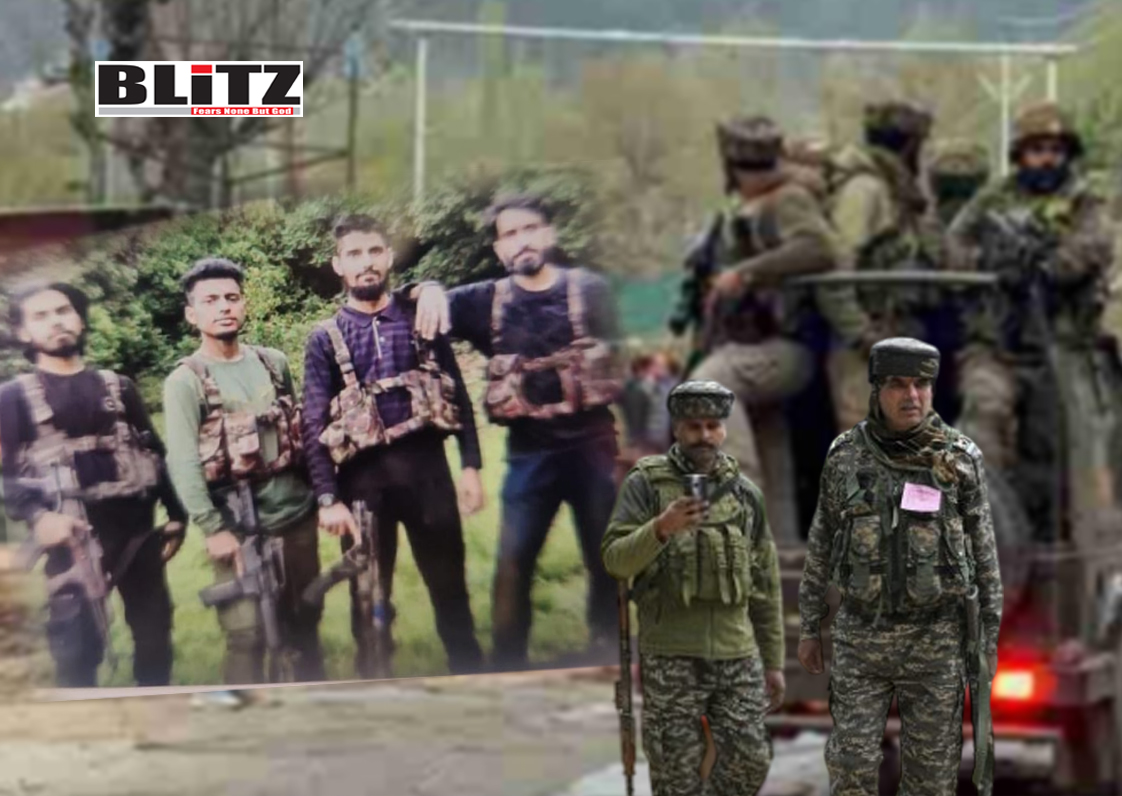
Pakistan today finds itself in the throes of a deep and multifaceted crisis. A collapsing economy, political volatility, and a fraying internal security order have combined to expose the limits of the state’s resilience. Armed ethnonationalist movements in Balochistan and Khyber Pakhtunkhwa, along with a resurgence of transnational jihadist violence, now pose grave challenges to internal cohesion. Compounding this crisis of the state’s systemic dysfunction is the unprecedented erosion of public trust in the military — historically the most powerful and stable institution in the country.
In any functioning democracy, such systemic dysfunction might prompt serious institutional introspection. But Pakistan is not a conventional democracy. Its generals continue to dominate the national security and foreign policy apparatus, leaving little room for recalibration — particularly on matters where the military has long maintained primacy, such as its regional policy.
On April 15, General Asim Munir, Pakistan’s current Army Chief and undoubtedly its most powerful figure, delivered a politically charged speech aimed at salvaging the military’s diminished public standing. Instead of reflecting on the domestic failures under his tenure, Munir fell back on a familiar script by invoking Kashmir as the nation’s unfinished cause, a “jugular vein”, which will be supported till the very last end. But this time, he cast Pakistan’s long-standing support for insurgency in Jammu and Kashmir through a more overtly communal lens, framing it within a polarizing Hindu-Muslim binary. Far from an offhand remark, this rhetoric not only distracts from Pakistan’s internal problems but also serves to reaffirm Islamabad’s continued reliance on militant proxies as instruments of foreign policy.
Disturbing, though not surprising, the consequences of General Munir’s provocative speech seemed to unfold just days later, with militants carrying out a deadly attack in Pahalgam, a popular tourist destination in Jammu and Kashmir’s Anantnag district. Early reports indicate the armed assailants, mostly non-locals of Pakistani origins, having singled out victims based on their religious identity before launching a brutal massacre that killed at least 26 civilians and injured many more. The synchronicity between the timing of the speech and nature of the attack are difficult to dismiss as mere coincidence. Instead, they raise serious concerns about the ongoing connection between Pakistan’s powerful military establishment and the extremist groups it has long been accused of supporting behind the scenes. The group claiming responsibility, The Resistance Front (TRF), is widely recognized as a rebranded version of Lashkar-e-Taiba — a U.N.-designated terrorist organization with deep ties to Pakistan’s security establishment. TRF’s reinvention is widely viewed as a strategic manoeuvre to shield Islamabad from international censure, including scrutiny by the Financial Action Task Force (FATF).
The timing of the attack, so closely following General Munir’s speech, raises troubling questions. For decades, militant violence in Kashmir has often followed inflammatory statements from Pakistani leaders or shifts in the geopolitical landscape. The latest attack appears to follow this pattern, and its motive fits a familiar logic: force India back to the negotiating table by stoking instability.
There are three interconnected factors that may underscore how Pakistan’s fingerprints appear evident. First, the Pakistan Army’s public legitimacy is at its lowest point since the country’s founding in 1947, largely due to its deep and controversial involvement in domestic politics. Second, the Shehbaz Sharif-led government has repeatedly reached out to New Delhi to revive bilateral talks—an initiative that India has, quite justifiably, conditioned on Islamabad halting its support for terrorist networks targeting Indian interests. Third, since India’s 2019 constitutional reorganization of Jammu and Kashmir, the region has steadily transitioned from a “terrorism” flashpoint to a “tourism” revival story, leaving Pakistan’s decades-old Kashmir narrative and its attempts to internationalise the so-called dispute adrift.
The timing of the attack coinciding with U.S. Vice President J.D. Vance’s visit to India adds a provocative layer. It recalls a grim precedent: in March 2000, during President Bill Clinton’s visit to India, Pakistani-backed militants massacred Sikh villagers in Kashmir — Chittisinghpura massacre —an act widely seen as an attempt to draw global attention to Islamabad’s agenda. The parallels are hard to ignore.
But the most damning aspect of Pakistan’s strategy is that while it is increasingly self-defeating, it refuses to abandon this strategy despite its violent backfire. Militant blowback has rendered vast stretches of its own territory—particularly in Khyber Pakhtunkhwa and Balochistan—effectively beyond the reach of the central government, now largely controlled by Islamist extremists and Baloch nationalist insurgents, respectively. Extremist networks once deployed for strategic depth have turned inward, contributing to Pakistan’s domestic instability. According to the 2025 Global Terrorism Index, Pakistan now ranks as the world’s second most terrorism-affected country, surpassed only by Burkina Faso. Terrorism-related fatalities in Pakistan rose by 45 percent in 2024 alone.
Yet, despite these devastating costs, both in lives lost and in national stability, Pakistan’s military and political leadership remains either unwilling or unable to break with its long-standing policy of using militant proxies as instruments of regional strategy. This stubborn adherence to an outdated and corrosive doctrine has hollowed the state from within. The massacre in Pahalgam is not merely a cross-border atrocity; it is a symptom of a state trapped in its own delusions — one that continues to use extremist violence as a tool of policy even as it undermines its own survival.
While global powers have rightly condemned this latest act of terrorism at Pahalgam, expressions of outrage are no longer sufficient. The international community must adopt a firmer stance—one that combines diplomatic pressure, targeted sanctions, and enhanced monitoring of Pakistan’s financial and security networks. Islamabad must be made to understand that impunity is no longer an option as cost of inaction is steep.
For too long, Pakistan’s proxy war playbook has been tolerated as a regional irritant, which it is not. If this pattern continues unchecked, the risk of broader destabilization in South Asia — and the possibility of an escalation — will become all too real. The world must act before this proxy war metastasizes into something far more dangerous.


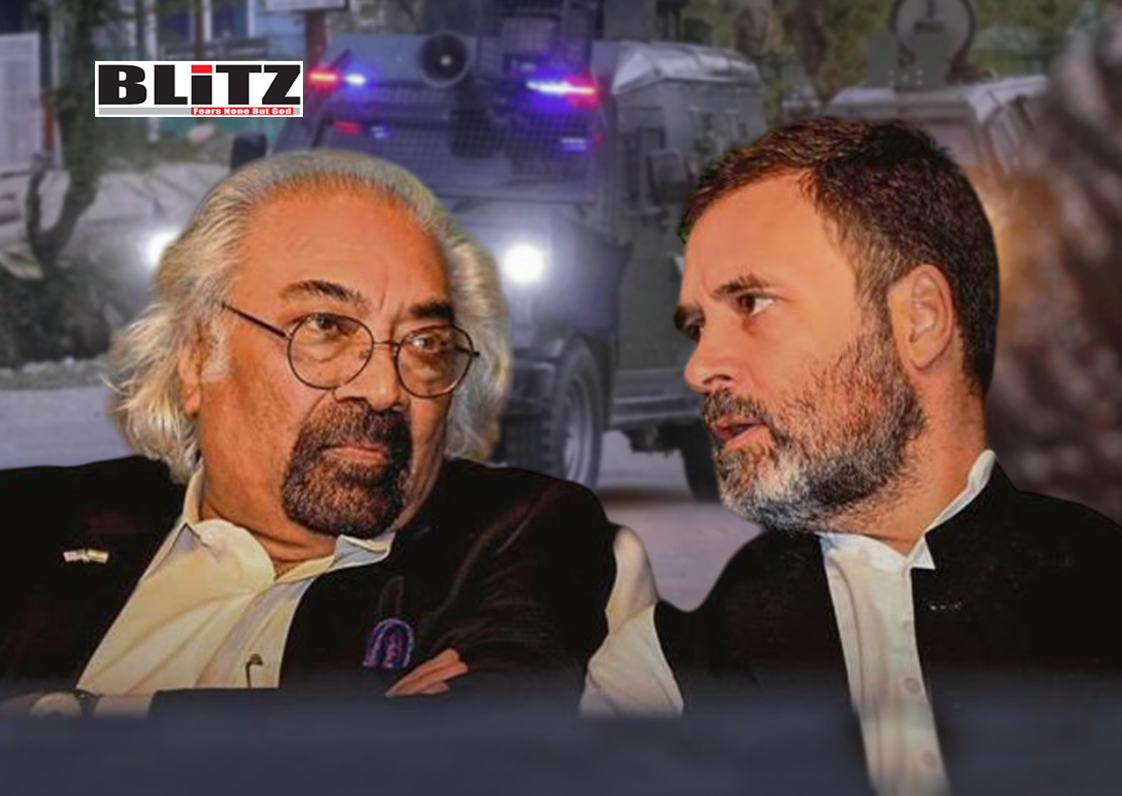
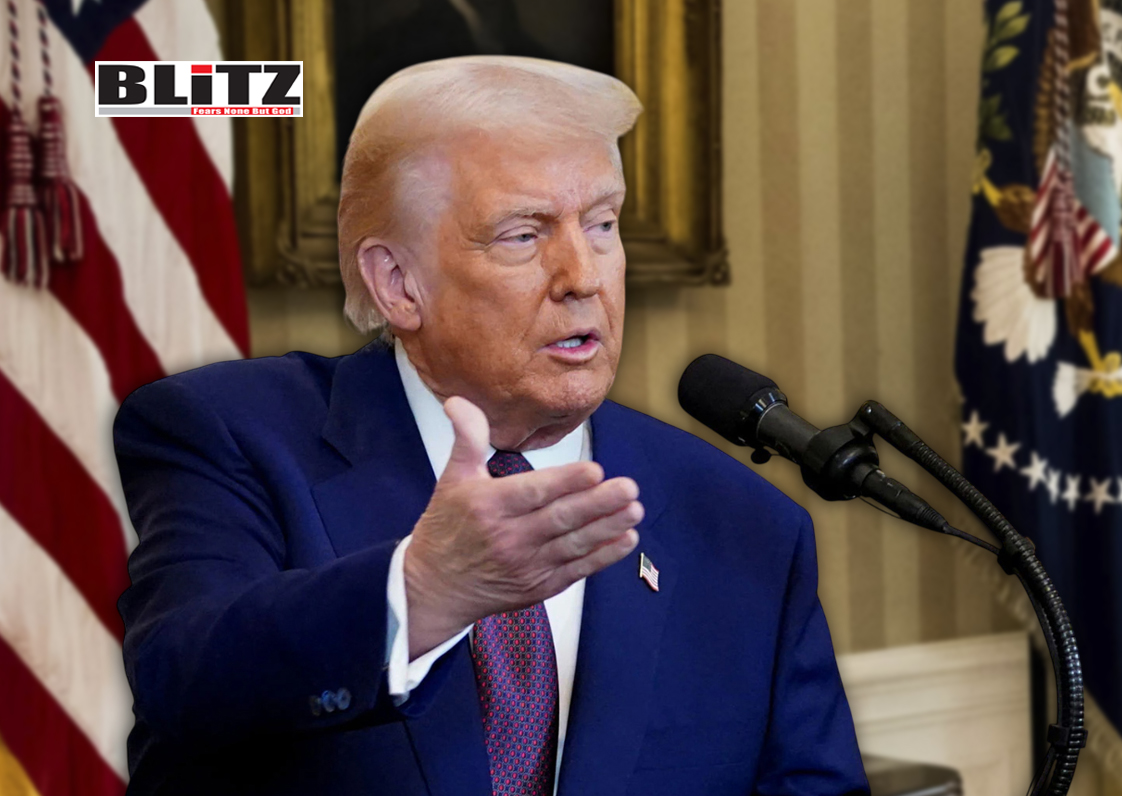
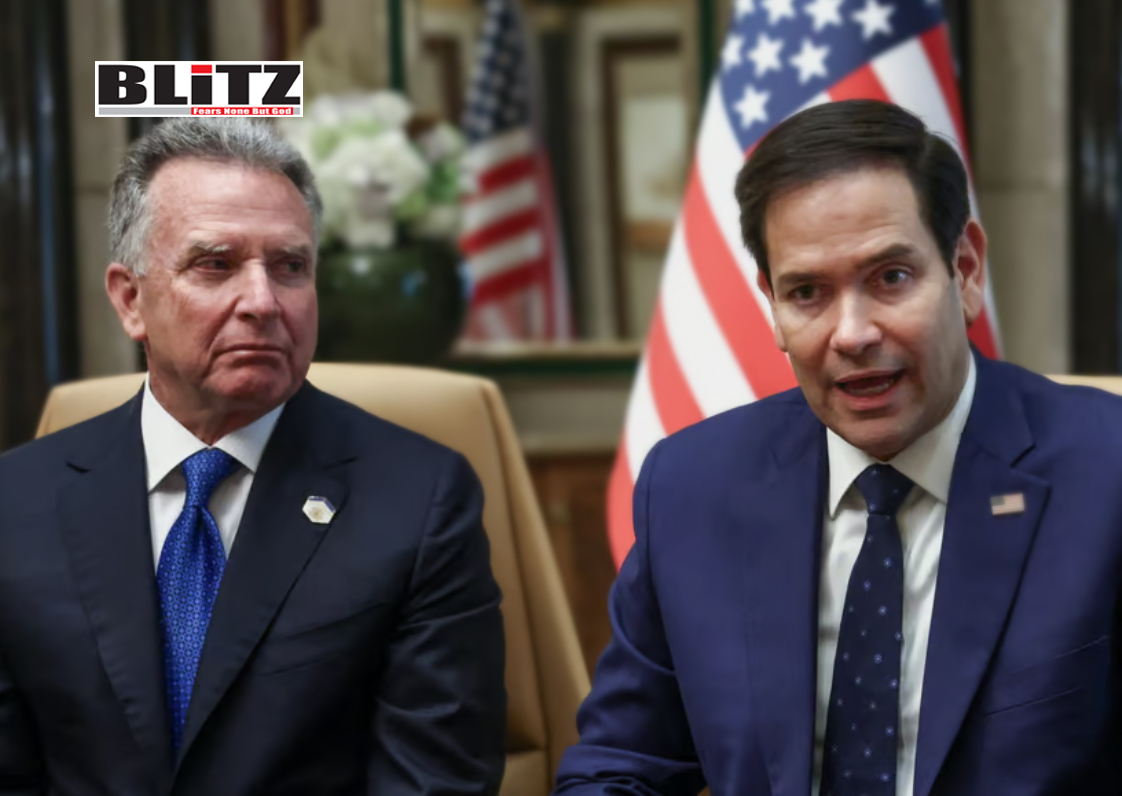
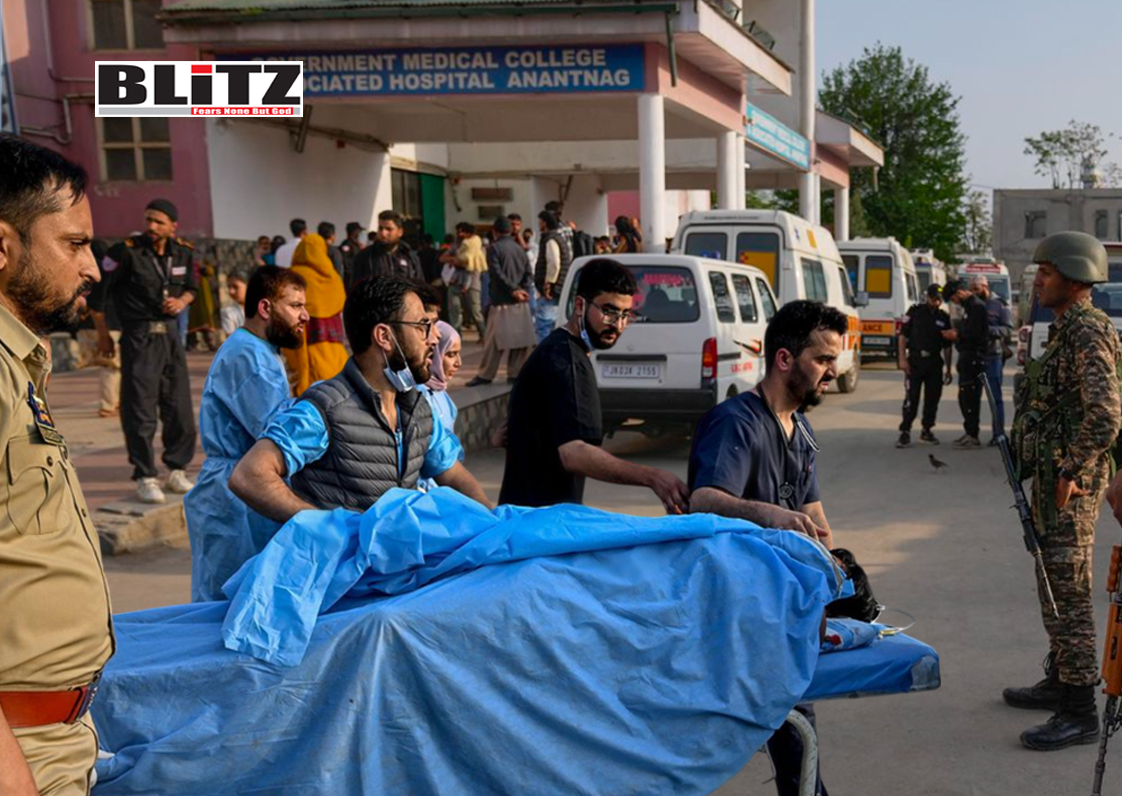
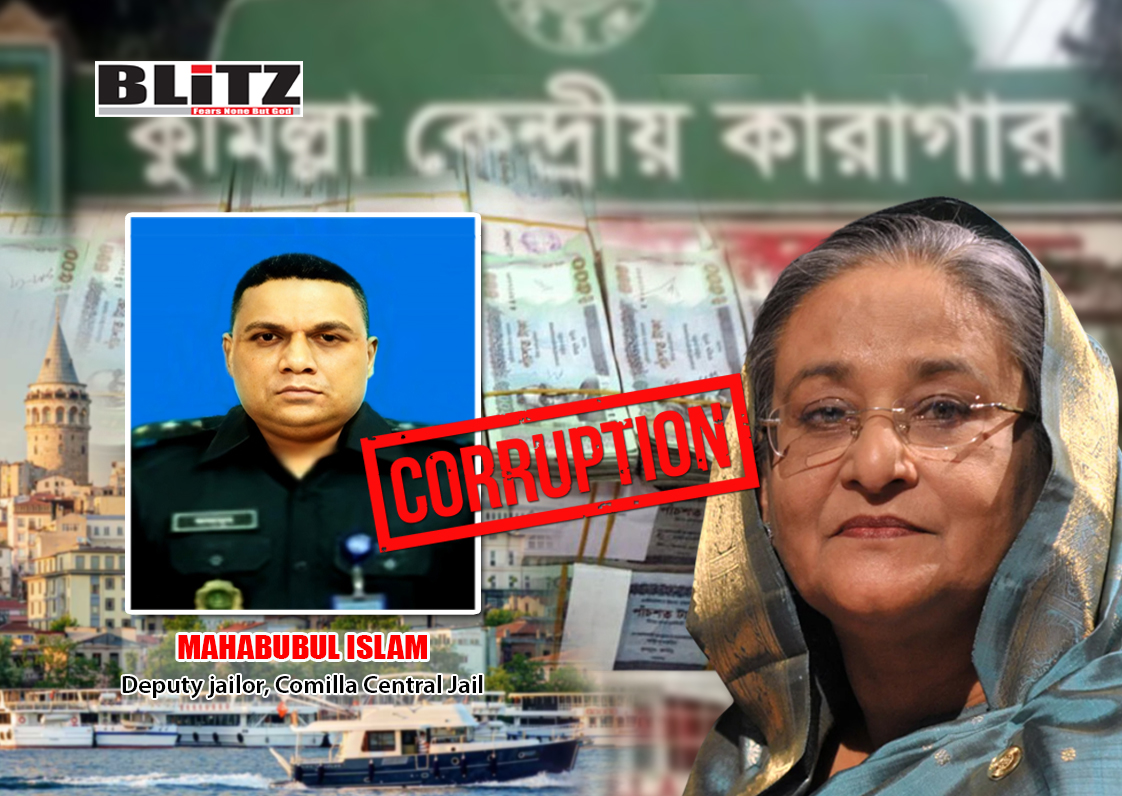
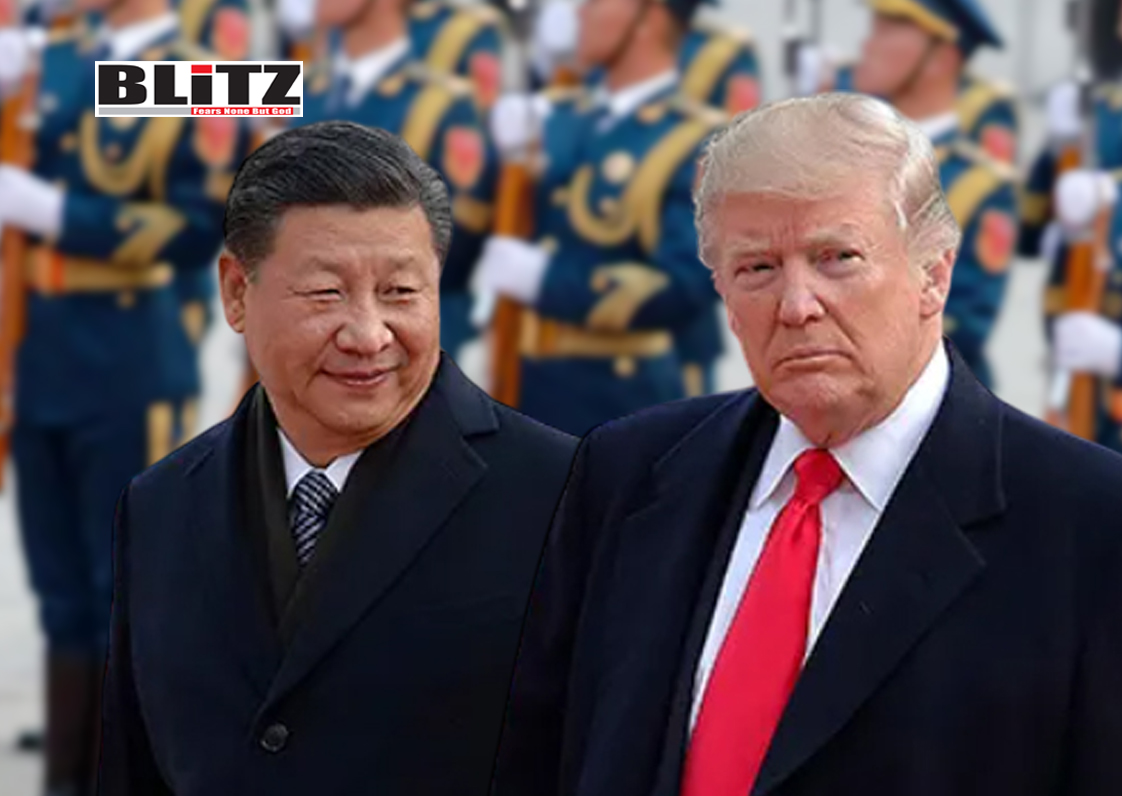


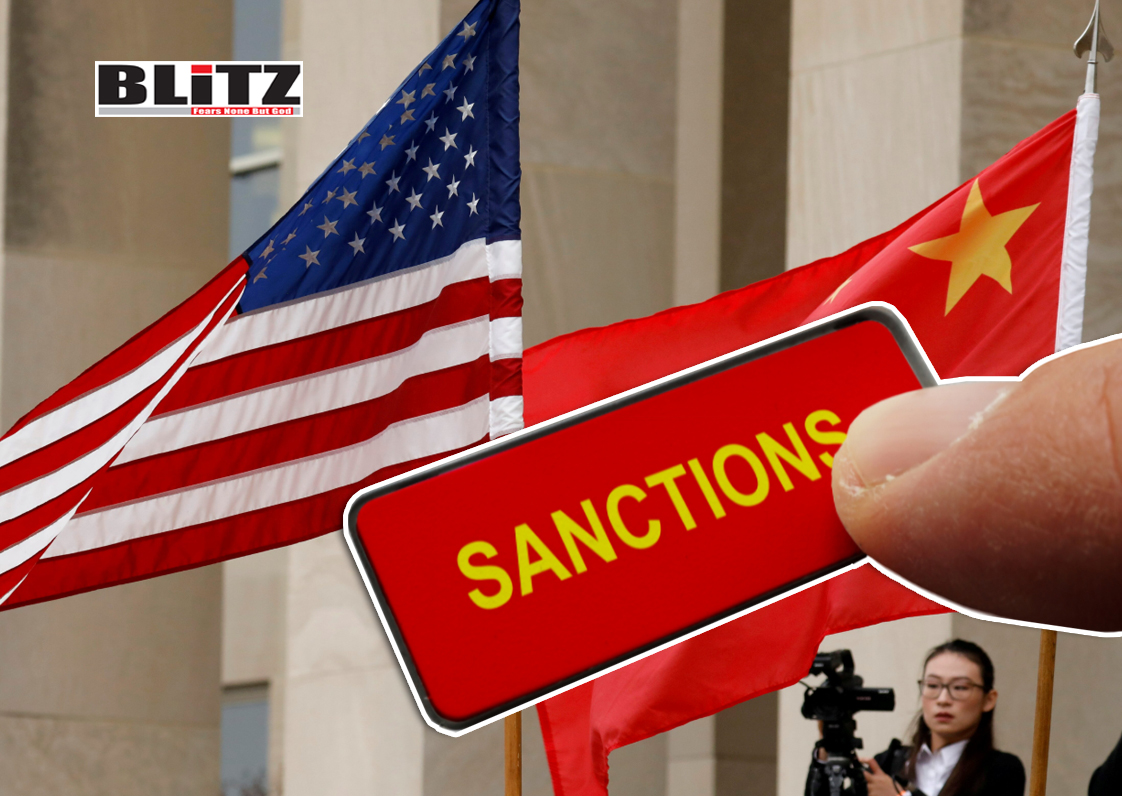
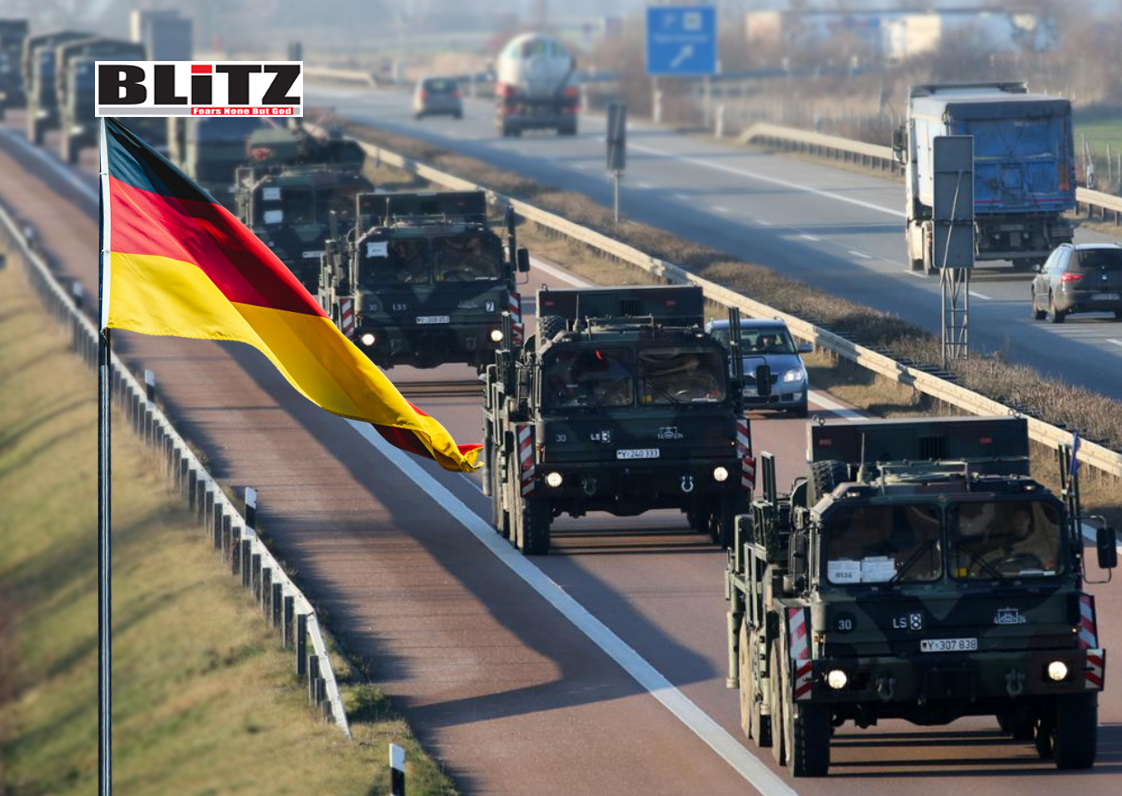
Leave a Reply